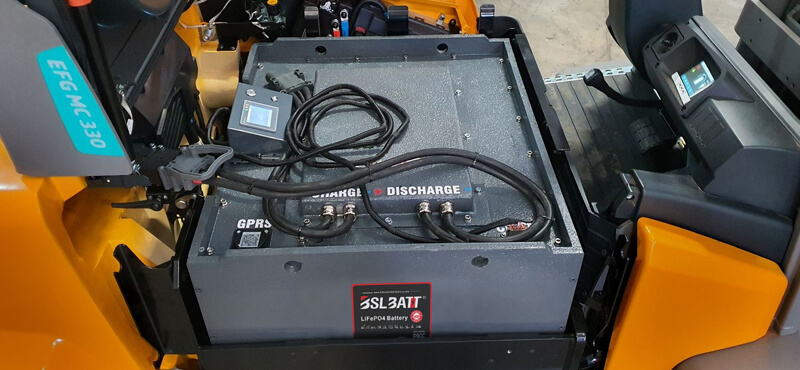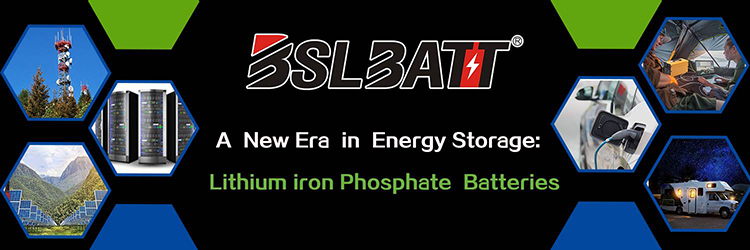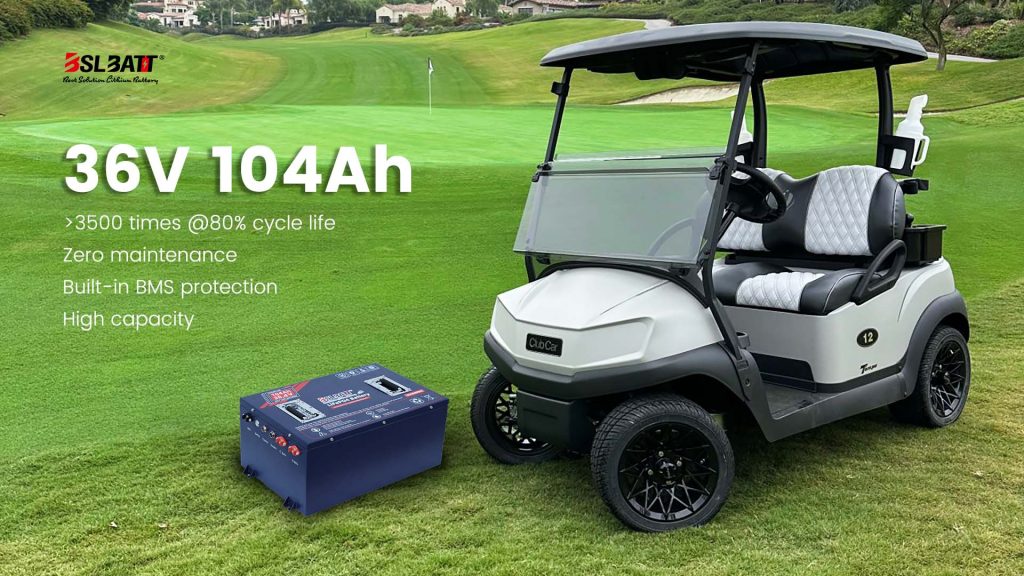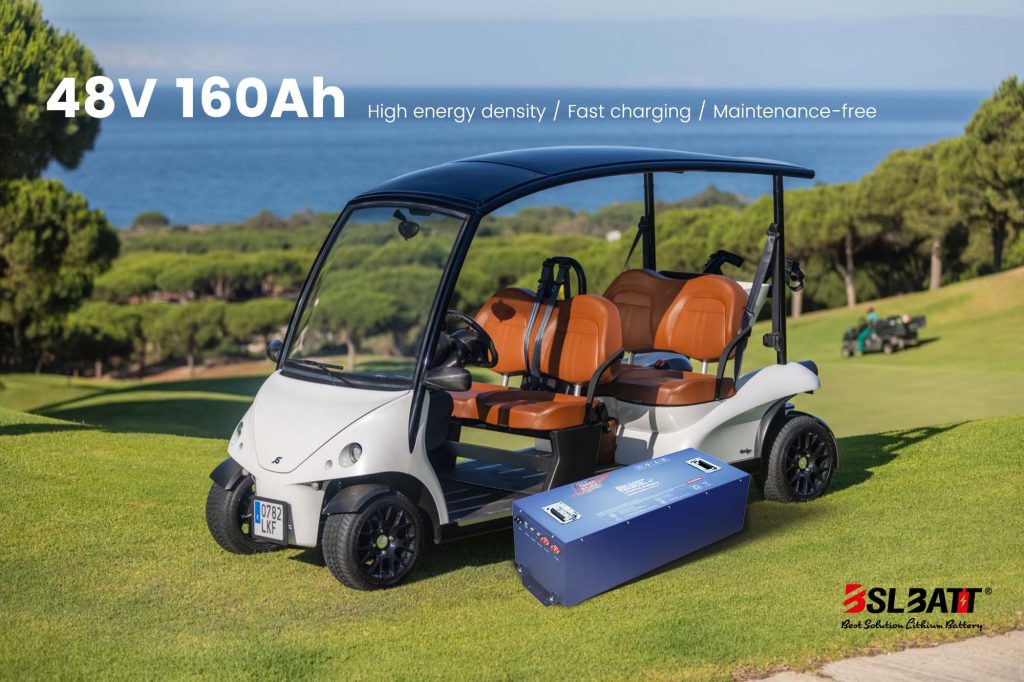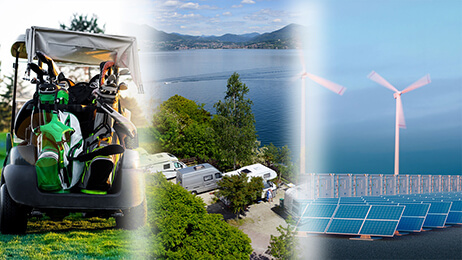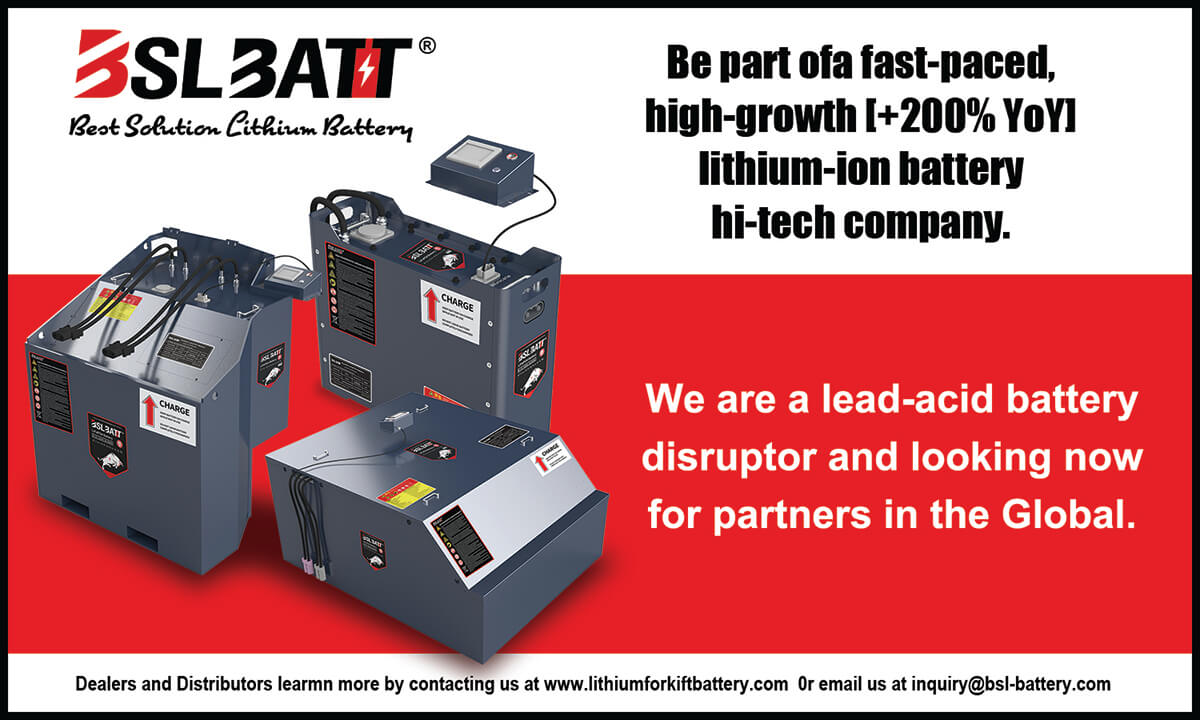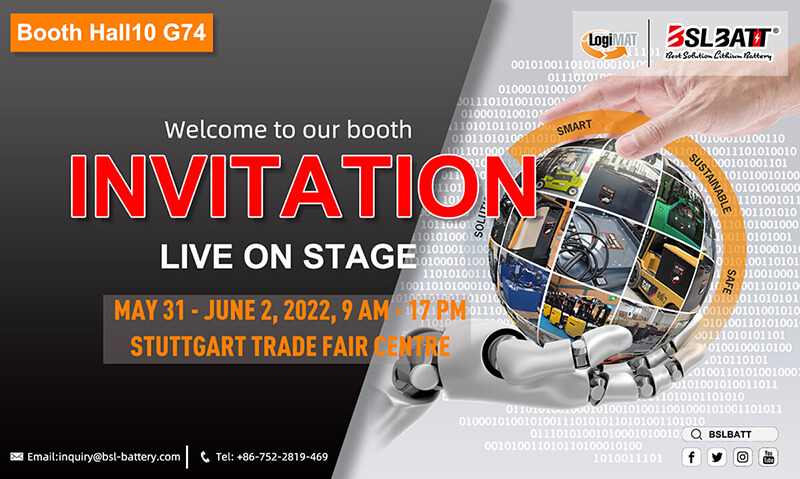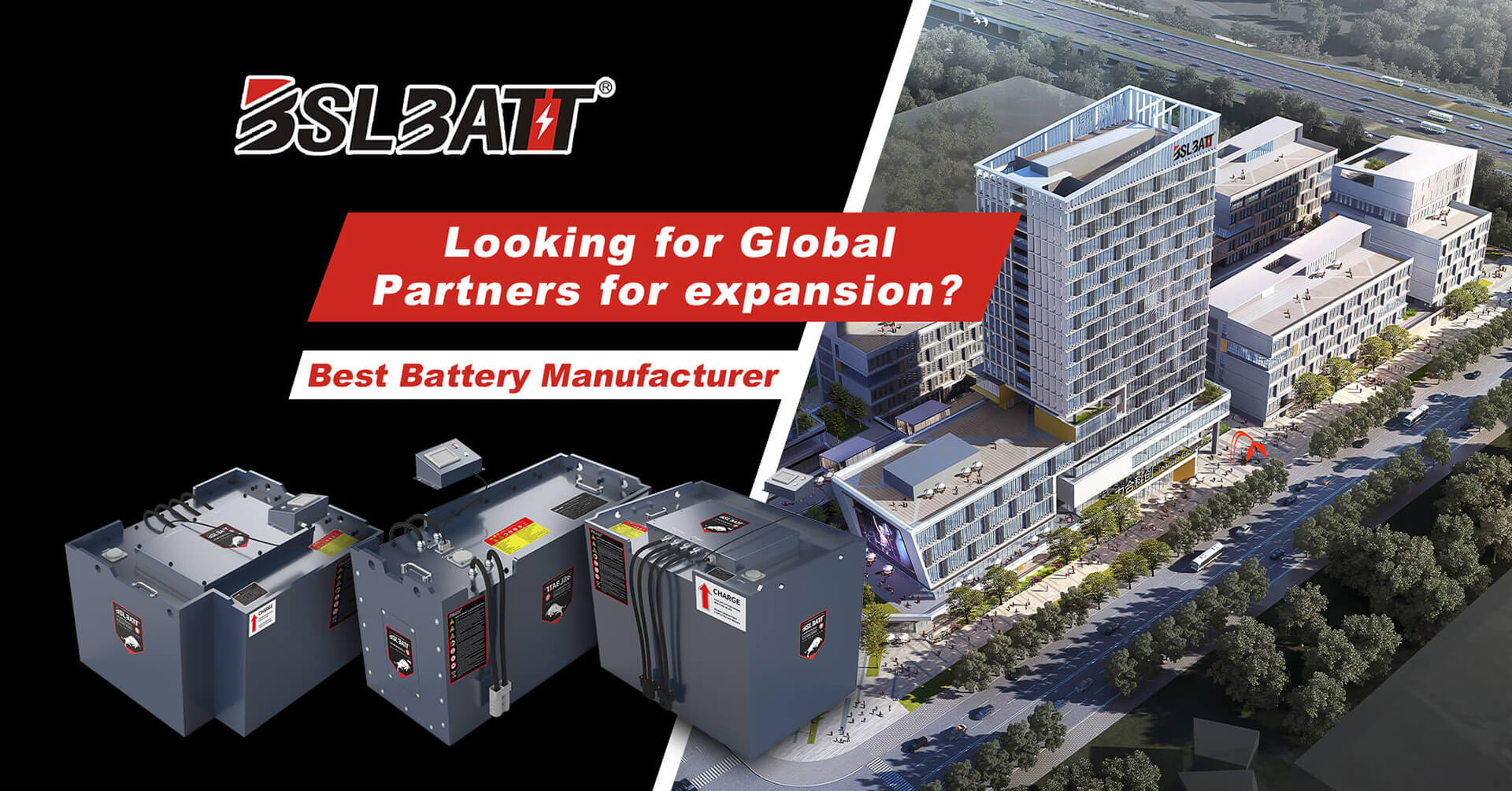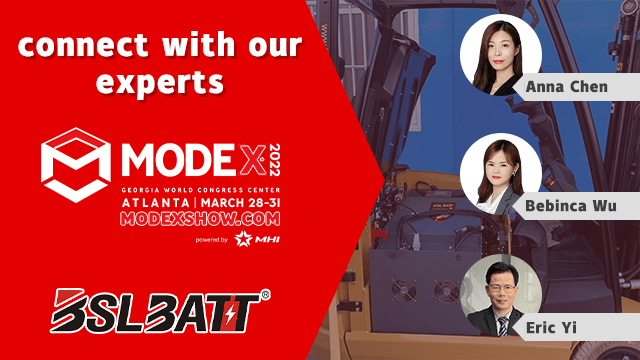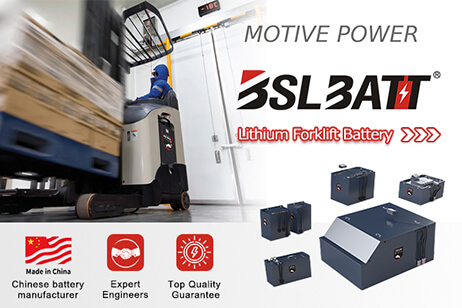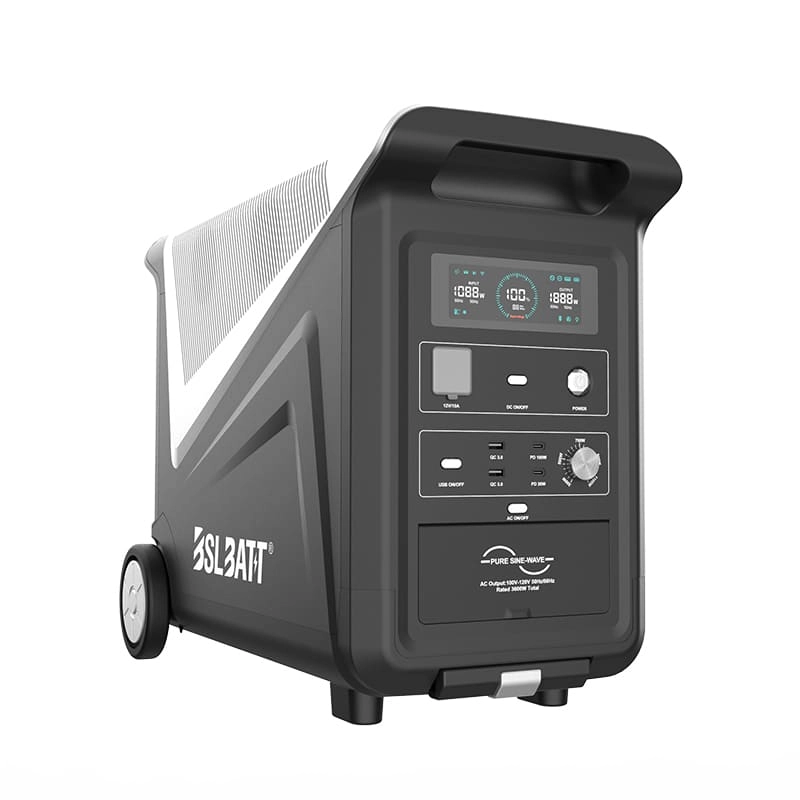
- China
- English
- Françai
- Español
- Deutsch
- Română
- العربية
- 한국어
- 日本語
- Italiano
- Português
- Gaeilge
- Dansk
- Čeština
- Русский
- Afrikaans
- Euskara
- Català
- Esperanto
- हिन्दी
- Ελληνικά
- Bahasa Melayu
- Polski
- Српски
- Kiswahili
- ภาษาไทย
- Tiếng Việt
- Türkçe
- Svenska
- Cymraeg
- Slovenčina
- Latviešu
- Malti
- Magyar
- Galego
- ગુજરાતી
- Eesti Keel
- বাংলা
- Shqip
- беларуская мова
- Nederlands
- Tagalog
- ქართული
- Íslenska
- Kreyòl Ayisyen
- Lietuvių
- Norsk
- slovenščina
- தமிழ்
- Українська
- ײִדיש
- اردو
- తెలుగు
- فارسی
- македонски
- ಕನ್ನಡ
- Bahasa Indonesia
- עברית
- Suomi
- Hrvatski
- Български
- Azerbaijani

Industry Application
Product Type
Lithium iron phosphate vs lithium-ion: differences and advantages
Lithium iron phosphate (LiFePO4) batteryLithium iron phosphate (LiFePO4), also called LFP, is one of the more recently-developed rechargeable battery chemistries and is a variation of lithium-ion chemistry. Rechargeable lithium iron phosphate batteries use LiFePO4 as the principle cathode material. Despite having a lower energy density than other lithium-ion chemistries, lithium iron phosphate batteries can provide better power density and longer life cycles. Lithium-IonLithium-ion can consist of two different chemistries for the cathode, lithium manganese oxide or lithium cobalt dioxide, as both have a graphite anode. It has a specific energy of 150/200 watt-hours per kilogram and a nominal voltage of 3.6V. Its charge rate is from 0.7C up to 1.0C as higher charges can significantly damage the battery. Lithium-ion has a discharge rate of 1C. BSLBATT is your premier LiFePO4 battery assembler. We manufacture custom lithium iron phosphate battery packs and assemblies for many applications. Our battery design team uses the latest mechanical and electronic design tools to optimize the reliability, safety, and manufacturability of your custom LFP battery packs. Our lithium iron phosphate batteries provide your battery-powered products with cost-effective and dependable rechargeable power.
Due to its high power density, this technology is used in medium-power traction applications (robotics, AGV, E-mobility, last-mile delivery, etc.) or heavy-duty traction applications (marine traction, industrial vehicles, etc.) The long service life of the LFP and the possibility of deep cycling make it possible to use LiFePO4 in energy storage applications (stand-alone applications, Off-Grid systems, self-consumption with battery) or stationary storage in general. Major advantages of Lithium Iron Phosphate: ● Very safe and secure technology (No Thermal Runaway) ● Very low toxicity for the environment (use of iron, graphite, and phosphate) ● Calendar life > 10 ans ● Cycle life: from 2000 to several thousand (see chart below) ● Operational temperature range: up to 70°C ● Very low internal resistance. Stability or even decline over the cycles. ● Constant power throughout the discharge range ● Ease of recycling ● Life-cycle Lithium Iron Phosphate technology (LiFePO4) Lithium Iron Phosphate technology is that which allows the greatest number of charge/discharge cycles. That is why this technology is mainly adopted in stationary energy storage systems (self-consumption, Off-Grid, UPS, etc.) for applications requiring long life. Durability, Reliability, and Cost EffectivenessBattery life is defined by the number of charge/discharge cycles a battery can survive. Some testing has shown that lithium iron phosphate batteries can last about 2,000 charges/discharge cycles, compared to perhaps 1,000 for lithium-ion batteries. These tests go to the point where the batteries hold noticeably less charge, rather than testing to a point of utter failure. The primary problem with lithium cells is their degradation. Over time a lithium-ion cell will lose capacity, with a total lifetime of 2-3 years. The exact lifetime is a function of the amount of use, the amount discharged between recharging and other factors such as the temperature of the cells. Note: The discharge rate of a Li-ion battery keeps increasing over time as compared to Li-iron. Long life, slow discharge rate, and less weight should be basic features of a daily use battery which is when a lithium-ion battery is appreciated as it is expected to have a longer “shelf life” than a Li-ion. When not in use, a battery should not lose its charge at a faster rate. It should deliver almost the same performance if using after a year or so. This so-called shelf life is around 350 days for lithium-iron and about 300 days for a lithium-ion battery. Cobalt is more expensive than the iron and phosphate used in Li-iron. So the lithium-iron-phosphate battery costs less (safer materials make it less expensive to manufacture and to recycle) to the consumer than the lithium-ion battery. What’s New:To give your business these advantages, our R&D department has developed a new power supply that is more stable, reliable and is eco-friendly built with lithium iron phosphate (LiFePO4). We are getting ready to launch. Would you like to know more? |
A Guide to Choosing the Best 48V Lithium Golf Cart Battery
Would it be worth investing in a 48V ...
10 Exciting Ways To Use Your 12V Lithium Batteries
Back in 2016 when BSLBATT first began designing what would become the first drop-in replacemen...
BSLBATT Battery Company Receives Bulk Orders from North American Customers
BSLBATT®, a China Forklift battery manufacturer specializing in the material handling indust...
Fun Find Friday: BSLBATT Battery is coming to another great LogiMAT 2022
MEET US! VETTER’S EXHIBITION YEAR 2022! LogiMAT in Stuttgart: SMART – SUSTAINABLE – SAF...
Looking for new Distributors and Dealers for BSL Lithium Batteries
BSLBATT battery is a fast-paced, high-growth (200% YoY ) hi-tech company that is leading the a...
BSLBATT to Participate at MODEX 2022 on March 28-31 in Atlanta, GA
BSLBATT is one of the largest developers, manufacturers, and integrators of lithium-ion batter...
What makes the BSLBATT the Superior Lithium Battery for your Motive Power needs?
Electric forklift and Floor Cleaning Machines owners who seek the ultimate performance will fi...






